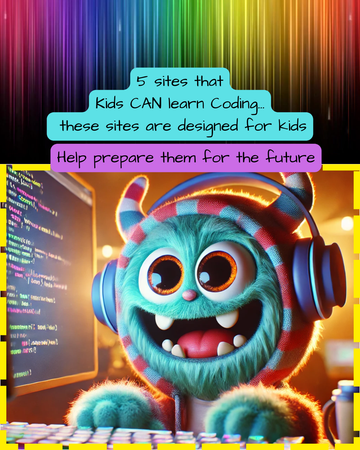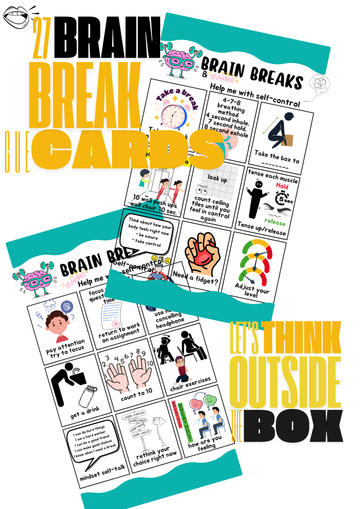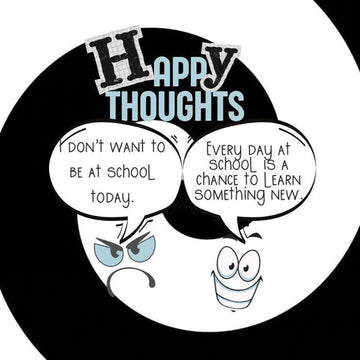Change Your Wording, Change Your Life
A sharp demand can lead to anxiety, pushback, or even total shutdown. But when you switch from commanding to collaborating, magic happens! It eases the tension, encourages teamwork, and builds respect on both sides. So next time you have to ask your child or your student to do something, take a moment to think about how you’re going to say it and more importantly how it will be received. A tiny tweak in how you phrase things can get the same result—minus the stress. Think about it: adults don’t exactly love being bossed around with abrupt demands. It feels annoying, controlling, and let’s be honest, kind of rude. Now picture how a child might react, especially since they have less control over how their emotions or bodies respond to stress. Who doesn’t want a smoother, happier vibe all around? Consider these simple ways to reframe your requests:
- From Direct Order to Collaborative Invitation
- Instead of: "Clean your room now!"
- Try: "Let’s tidy up your room together and make it a fun space again!"
2. From Absolute Deadline to Flexible Planning
- Instead of: "You have to finish this homework tonight!"
- Try: "Together let’s plan when and where you’ll work on your homework tonight?"
3. From “Should” to “Could”
- Instead of: "You should practice your piano!"
- Try: "When would be a good time to practice your piano today?"
4. From Command to Explanation
- Instead of: "Put on your coat now!"
- Try: "Let’s put on your coat so you’ll stay warm outside." Or “I laid your coat by the door.”
5. From Criticism to Encouragement
- Instead of: "You never listen when I talk to you!"
- Try: "I’d love for us to talk and figure this out together."
6. From Overwhelming Task to Manageable Steps
- Instead of: "You need to clean this mess!"
- Try: "Let’s start by picking up the toys, then we’ll work on the rest."
7. From Threat to Empowerment
- Instead of: "If you don’t behave, we’re leaving!"
- Try: "If we can finish this quietly, we’ll have more time for fun after!"
8. From Assumption to Clarification
- Instead of: "Why didn’t you do what I asked?!"
- Try: "It seems like this was hard to do. How can I help make it easier?"
9. From “Fix It” to “Let’s Learn”
- Instead of: "Stop making mistakes on your math problems!"
- Try: "It’s okay to make mistakes! Let’s go through this step by step."
10. From Blame to Problem-Solving
- Instead of: "You’re making us late!"
- Try: "We’re running late—how can we work together to get ready quickly?"
By softening language, offering choices, and fostering collaboration, children are less likely to feel overwhelmed and more likely to engage positively. Transforming your communication style can positively impact your interactions. By using gentler language, providing options, and encouraging collaboration, you can create an environment where children feel less overwhelmed and more empowered. This approach achieves the desired outcomes while minimizing the need for arguments or questioning. It's like a game where you become an illusionist, making stress vanish. Remember, subtle shifts in wording can lead to significant changes in your relationships and overall well-being - for both of you.






